
Discover more at Attingham
Find out when Attingham Park is open, how to get here, the things to see and do and more.
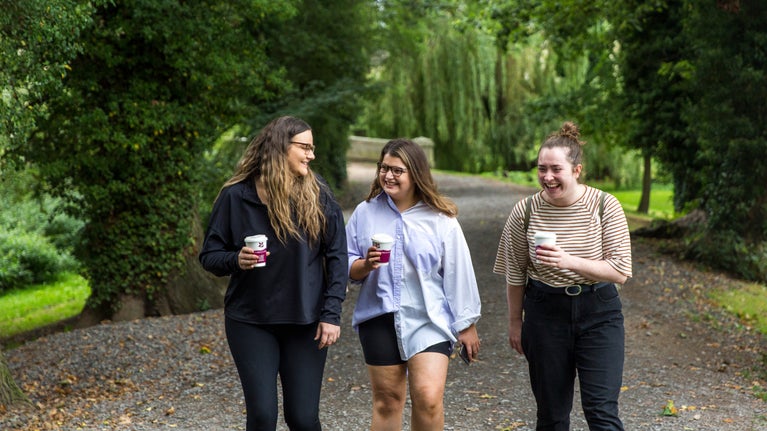
The Berwicks only lived at Attingham for 200 years but their legacy lives on in this Shropshire country estate. From ancient trees and wildflowers, to native species, the parkland at Attingham includes woods, a deer park, and the River Tern. Attingham is designated as a Site of Special Scientific Interest (SSSI).
Attingham’s Deer Park was created in 1798 as part of the 2nd Lord Berwick’s grand improvements. Wild fallow deer were already living on the estate when around 400 acres were fenced to create the Deer Park.
Thomas, 8th Lord Berwick, was very fond of the deer at Attingham and fed them daily in the winter. Following his wishes, he and his wife’s ashes were placed at the memorial in the Deer Park.
Deer are wild animals and the Attingham herd is no exception. The Ranger team monitor the herd from a distance on a regular basis to ensure their health and wellbeing.
If you're visiting, the deer may not be visible in the Deer Park. For more information please click the link below.
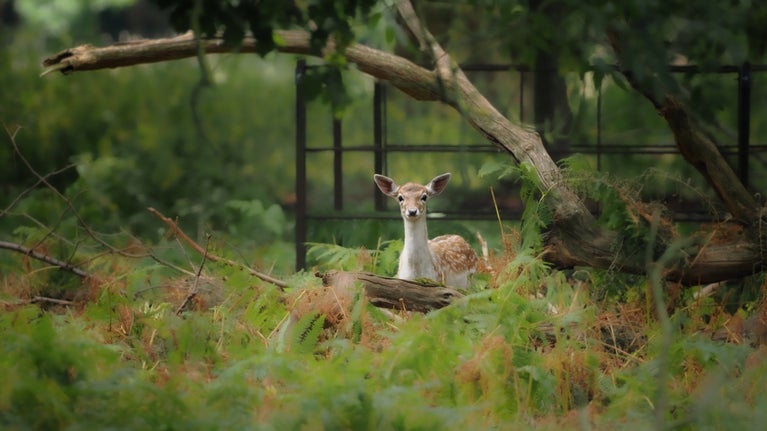
There's around 370 acres of woodland to explore at Attingham, filled with trees that have seen the centuries come and go, including our magnificent 650-year-old Repton oak on the Deer Park walk.
Five miles of river meanders through the park, featuring beautiful stretches of the Severn and Tern, and the many ponds are a haven for wildlife, from ducks and swans to otters and dragonflies.
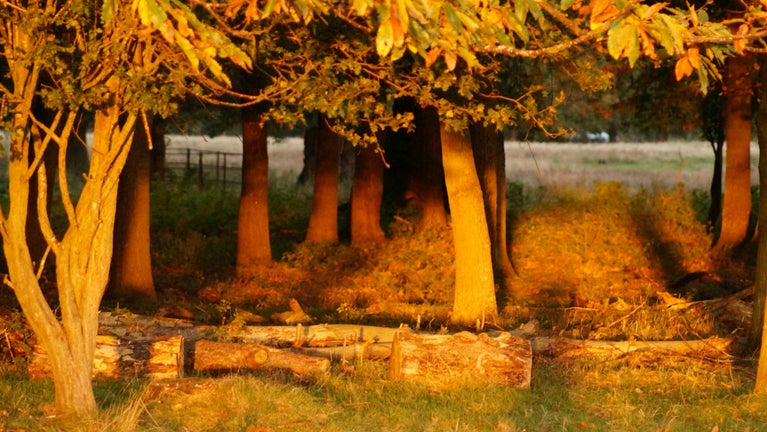
Attingham parkland is an important nature conservation site for veteran trees and invertebrates and it’s for this reason that it was awarded SSSI status in March 2000. Attingham's oldest tree is nearly 700 years-old and several others have reached around 500 years.
Old and veteran trees are the perfect habitat for saproxylic insects, important for the woodland eco-system, and more commonly known as deadwood invertebrates. They decompose matter producing soil and nutrients, creating new habitats and are an important food source for other wildlife.

Find out when Attingham Park is open, how to get here, the things to see and do and more.

Attingham Park is a three pawprint rated place. Find out all you need to know to make the most of your visit with your four-legged friend.
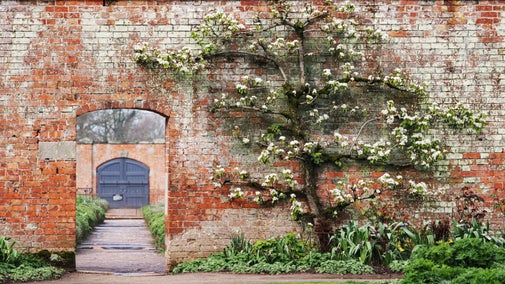
Enjoy a walk around Attingham’s restored Walled Garden and discover the seasonal top things to spot in the kitchen garden, orchard and pleasure grounds.
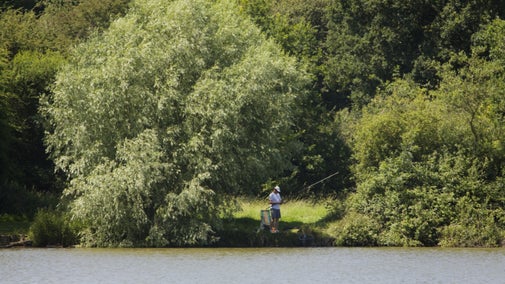
Attingham's fishing season runs annually from 15th June to 15th March, attracting anglers of all skill levels to the River Severn, where you’ll find plentiful stocks of bream, perch, and chub. Here’s everything you need to know to enjoy your fishing trip with us.

Explore some of the finest landscapes in our care on coastal paths, accessible trails, woodland walks and everything in between. Find the best places to walk near you.